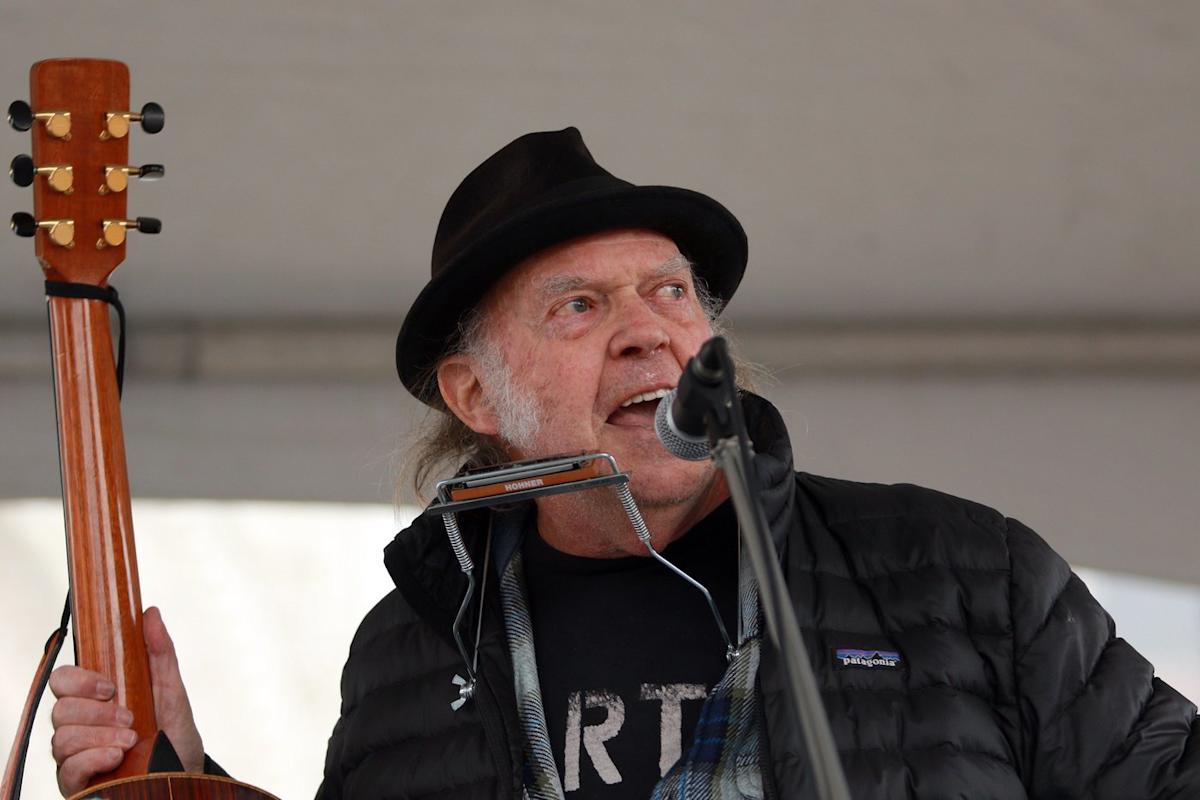Star Power vs. Ballot Power: Why Celebrity Endorsements Don't Always Swing Elections

TORONTO — The Canadian federal election campaign has been electrified by a wave of celebrity endorsements, sparking intense media buzz and public conversation. However, political analysts remain cautious about the potential impact of these high-profile interventions on voter sentiment.
While star power can certainly capture headlines and generate social media chatter, seasoned political commentators suggest that celebrity endorsements may have limited influence on substantive voter decision-making. The glitz and glamour of famous faces might create momentary excitement, but deep-rooted political preferences and policy considerations typically drive electoral choices.
As candidates and their teams strategically leverage celebrity connections to amplify their messages, the real test remains whether these endorsements can translate into meaningful shifts in public opinion or voter turnout. The political landscape continues to be shaped more by substantive debates, policy platforms, and local candidate performance than by the fleeting spotlight of celebrity support.
